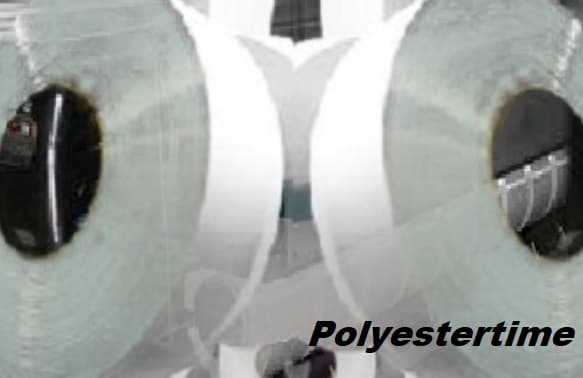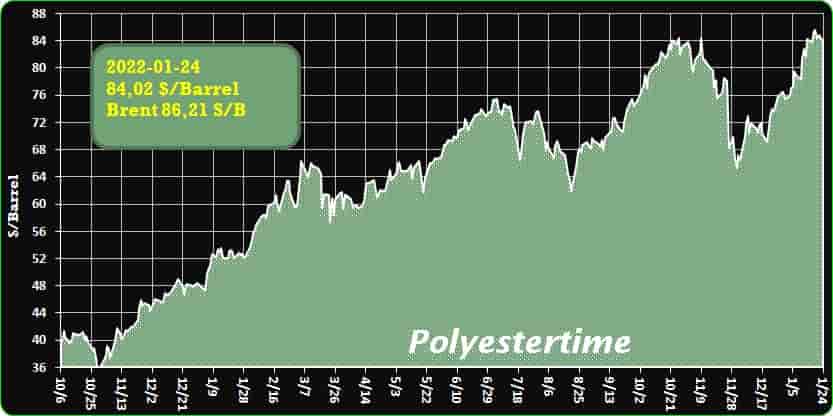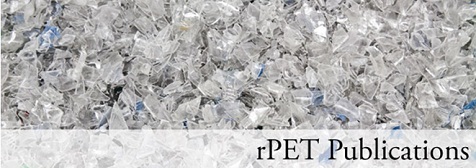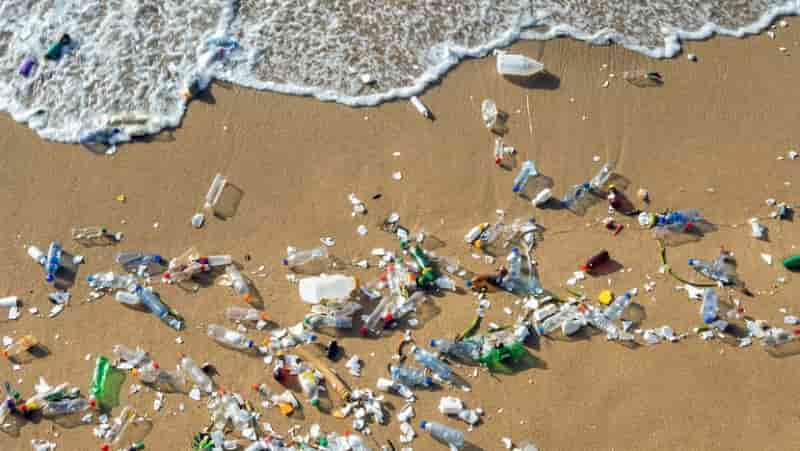PET-Bottle-Grade – Non-biodegradable-plastics 24-01-2022 - Arhive
PET-Bottle-Grade – Non-biodegradable-plastics
PET Bottle Grade Petrochemicals

Crude Oil Prices Trend

-rPET prices reach ‘record high’ across Europe
According to ICIS, the prices of both colourless bottles and post-consumer flakes reached a “record high” for the European market this month due to the ongoing challenges of COVID-19 and supply chain tensions.
ICIS says that the northwest European prices for post-consumer bottle prices has risen over €200 per tonne in January, with flake prices rising €150 per tonne compared to December 2021. Currently, colourless flake prices are between €1,600 and €1,700 per tonne, with some higher price requests reported – although these can be considered exceptions, ICIS adds, as there is a lack of clarity on whether the flakes were actually purchased at this price. PET-Bottle-Grade – Non-biodegradable-plastics
The escalation in prices brings northwest European prices in line with southern, central, and eastern Europe. These are the reportedly the highest prices observed by ICIS since it first began reported on the figures in 2006.
There are several challenges complicating the supply, demand, and price of recycled PET.
The European Union (EU) will require PET bottles to contain at least 25% recycled plastic from 2025 and at least 30% from 2030, while companies including PepsiCo and Britvic have pledged to eliminating all virgin plastic from bottles sold on European markets by 2022. This means that demand for post-consumer flakes is high, but the supply is somewhat more unstable.
The global supply chain crisis has been compounded by COVID-19 bringing production to a halt, as well as extreme weather events, shipping delays, a shortage of shipping containers, and a number of Force Majeures statements.
Speaking to Packaging Europe last year, Renato Zelcher, president of EuPC, suggested that “more than 90% of the players in all [EU] member states have been negative affected by this situation”, adding that while there were signs of improvement, supply remained uncertain enough that some companies have had to halt production because of a lack of materials or to avoid passing price rises along the value chain. PET-Bottle-Grade – Non-biodegradable-plastics

-Meet nature’s plastic eaters, by Recover, Bizente and Enzycle
What to do with the non-biodegradable plastics used in food packaging and agriculture? Researchers are turning their attention to microorganisms, enzymes, earthworms and insects to break down plastics.
Plastics are everywhere, and farms are no exception. Plastic sheets are spread on the ground as mulch to suppress weeds. Plastic is also used to cover greenhouses and plastic packaging helps protect and transport fresh produce.
But there’s a downside. While most plastic waste from agricultural applications and packaging can be collected separately, it can’t be easily recycled using today’s standard procedures. That’s because it’s a mixture of plastics with different compositions or mixed with other materials such as food leftovers that are difficult to extract. PET-Bottle-Grade – Non-biodegradable-plastics
Plastics are a big pain to recycle, and waste either ends up in landfills or is burned. This is why reducing the plastic footprint of food packaging and agriculture is high on the environmental agenda.
Short of cutting down on the number of plastics used in food packaging and the agricultural cycle, researchers are looking into a more natural solution – one that involves creepy crawlies and microscopic bacteria.
‘The secret lies in the combination of different organisms – insects, earthworms and microbes – to convert non-recyclable plastic waste into bioproducts, or to remove them from the soil or compost,’ said María José López, a microbiology professor at the University of Almería, Spain, and BBI JU-funded RECOVER project coordinator.
Prof. López and the RECOVER team are investigating the use of these tiny creatures to not only degrade conventional food packaging, and agricultural plastic waste, but also produce bioplastics and biofertilisers for industries.
Their goal is to convert plastic made from fossil fuels into biodegradable equivalents in a single step. PET-Bottle-Grade – Non-biodegradable-plastics

–PET-Bottle-Grade Petrochemicals
–rPET-prices reach ‘record high’ across Europe
-Meet nature’s-plastic-eaters, by Recover, Bizente and Enzycle
-Warning high-recycled prices could defeat plastics-tax
–SABIC, ExxonMobil start commercial operation of Texas-JV-project
–Gas-prices could soar if Russia-invades-Ukraine
–Neenah Joins Soteria-Battery Innovation Group Consortium
–Closed-Loop-Partners launches Local Recycling-Fund
PET-Bottle-Grade – Non-biodegradable-plastics
